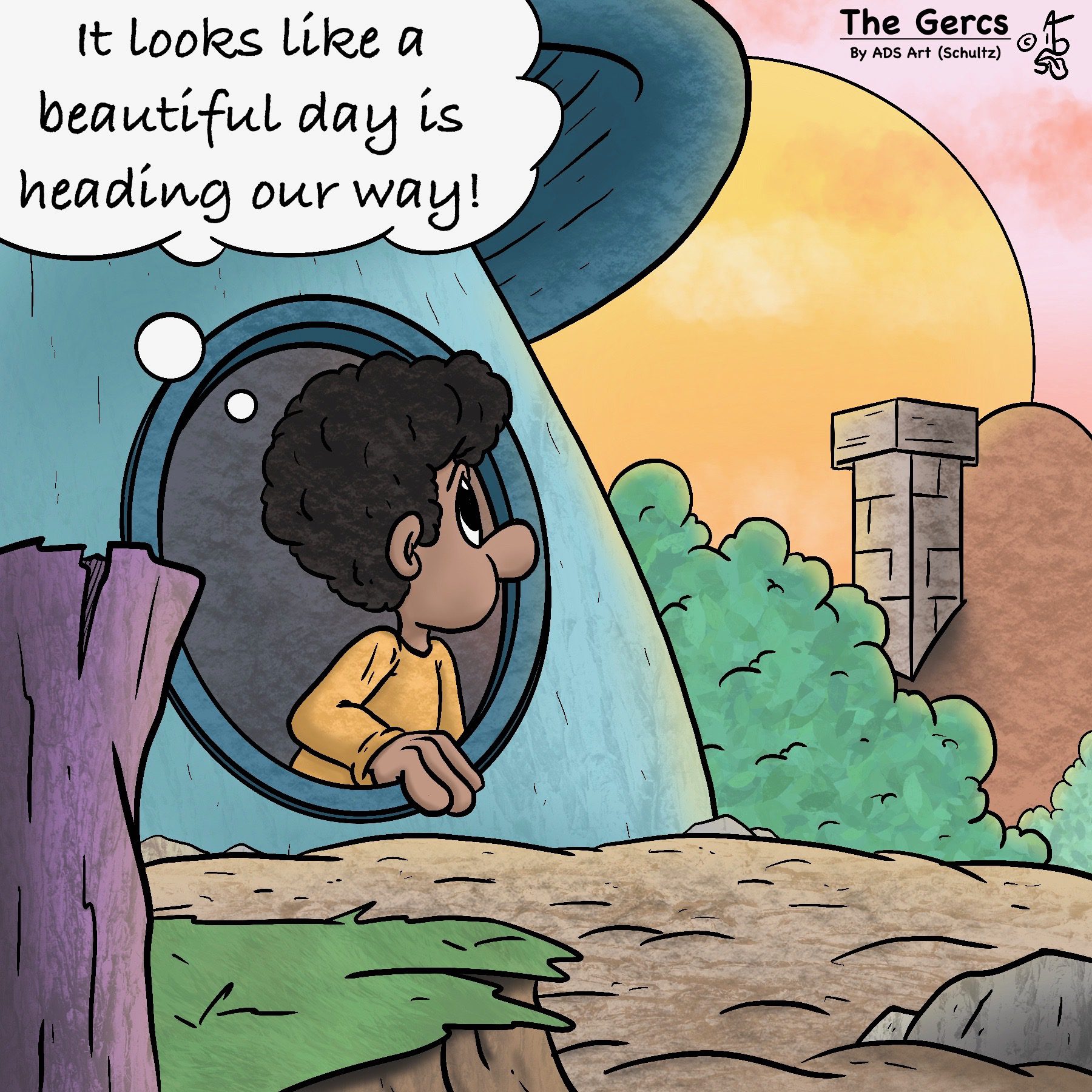Workers feel fatigue, exhaustion, headaches, sleepiness, and stress from heavy workloads, prolonged shifts, extreme pressure, and high expectations. Mental health impairs focus and productivity.
By Chrystal Blair
In response to an alarmingly high number of suicides among construction workers, Michigan’s construction leaders have taken measures to tackle mental health and provide support for the workforce.
The Occupational Safety and Health Administration reported that in 2022, the industry saw 6,000 worker suicides, compared with 1,000 construction-related deaths in the workplace. People in construction trades can face job and financial insecurities, long hours and difficult working conditions.
Sean Egan, deputy director of labor at the Michigan Department of Labor and Economic Opportunity, said one of the things they’re doing to help workers handle the stress is “making it OK to not be OK.”
“We know that construction is a male-dominated industry, and that statistically men – specifically men of color, but men in general – are not likely to seek support,” he said. “So, we have to make it OK to seek that support.”
Egan said his department has implemented mental health-related programs and events for Michigan construction workers, including seminars for Construction Suicide Prevention Week, Sept. 9-13.
Statistics show 80% of U.S. workers put in more than 48 hours weekly, which can cause mental and physical stress and increase the risk of substance abuse.
Sheet-metal worker John Coleman, a member of Sheet Metal Workers Union in Michigan, Local 7, said he’s glad that mental-health issues among construction workers are finally being highlighted – and urged coworkers to be part of the solution.
“If you’re struggling, or you think you notice somebody struggling, say something, because a lot of these people in construction, they might not have a wife or children, they might not have parents, they might not have brothers and sisters,” he said. “You might be someone’s lifeline.”
Some 81% of workers in the United States report they’ll be looking for future jobs at workplaces that support mental health. If you or someone you know is in crisis, call or text the National Suicide and Crisis Lifeline at 988.




